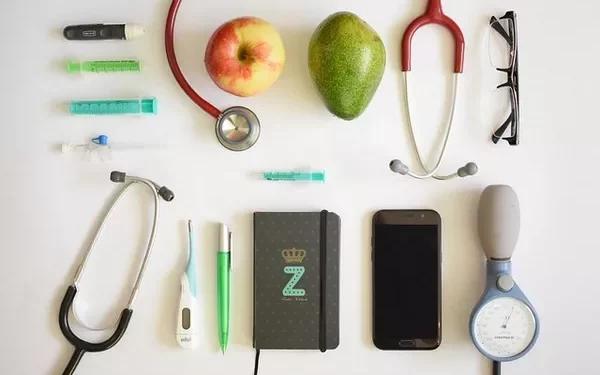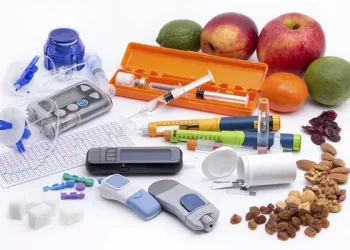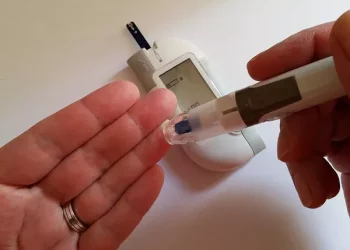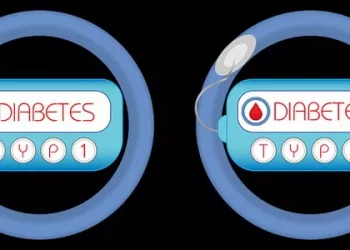A recent study on food insecurity and diabetes prevalence has revealed alarming rates of undiagnosed and poorly managed diabetes within food-insecure communities in West Chicago. The study, conducted by the Cardiometabolic Health Initiative (CHI), highlights the prevalence of diabetes and prediabetes and the lack of self-awareness among affected individuals.
The CHI, a community service organization affiliated with Rush University Medical College, provides comprehensive cardiometabolic health screenings at local food pantries. Between August 2023 and December 2024, 191 participants from food pantries in West Chicago were screened for diabetes using point-of-care A1c tests. The results showed that 96 participants had a normal A1c level, 66 were prediabetic, and 29 were diabetic. However, only 42 of the participants self-reported a previous diabetes diagnosis, with an average A1c of 7.58%. In comparison, those who did not report a diabetes history had an average A1c of 5.60%. Among the self-reported diabetic group, 24 participants had well-controlled diabetes, while 18 struggled with uncontrolled diabetes.
The study further revealed a concerning trend: 56 individuals with no known diabetes diagnosis had prediabetic levels, and 3 were found to have undiagnosed diabetes. These findings indicate that a significant portion of the population is unaware of their diabetic status, while many others face challenges in managing their condition.
The results underscore the importance of early detection, diabetes education, and lifestyle changes to mitigate the risks associated with uncontrolled diabetes. Food insecurity, which affects approximately 12.8% of U.S. households, is linked to a higher likelihood of both diagnosed and undiagnosed diabetes. Individuals facing food insecurity often lack access to nutritious foods, instead relying on processed and low-cost options that exacerbate diabetes risk.
Furthermore, food insecurity presents significant barriers to healthcare access, complicating efforts for timely diagnosis and effective disease management. Studies have shown that individuals with undiagnosed diabetes are 81% more likely to experience food insecurity, making it essential to address both issues in tandem. This research calls for increased efforts to raise awareness, enhance disease prevention programs, and improve access to healthcare and nutritious foods in food-insecure communities.
By conducting screenings in underserved areas, the CHI aims to bridge the gap in healthcare access, providing valuable data to shape targeted interventions for diabetes prevention and management. These findings emphasize the need for proactive approaches to support individuals in food-insecure environments, ensuring better health outcomes and improved quality of life.
Related topics:
Tamil Nadu to Launch Standard Operating Procedure for Type-1 Diabetes Treatment in Children
The Dangerous Link Between Diabetes, Hypertension, and Kidney Disease
Rising Threat of Diabetes-Linked Vision Loss: Experts Urge Inclusion in Ayushman Bharat Scheme
























